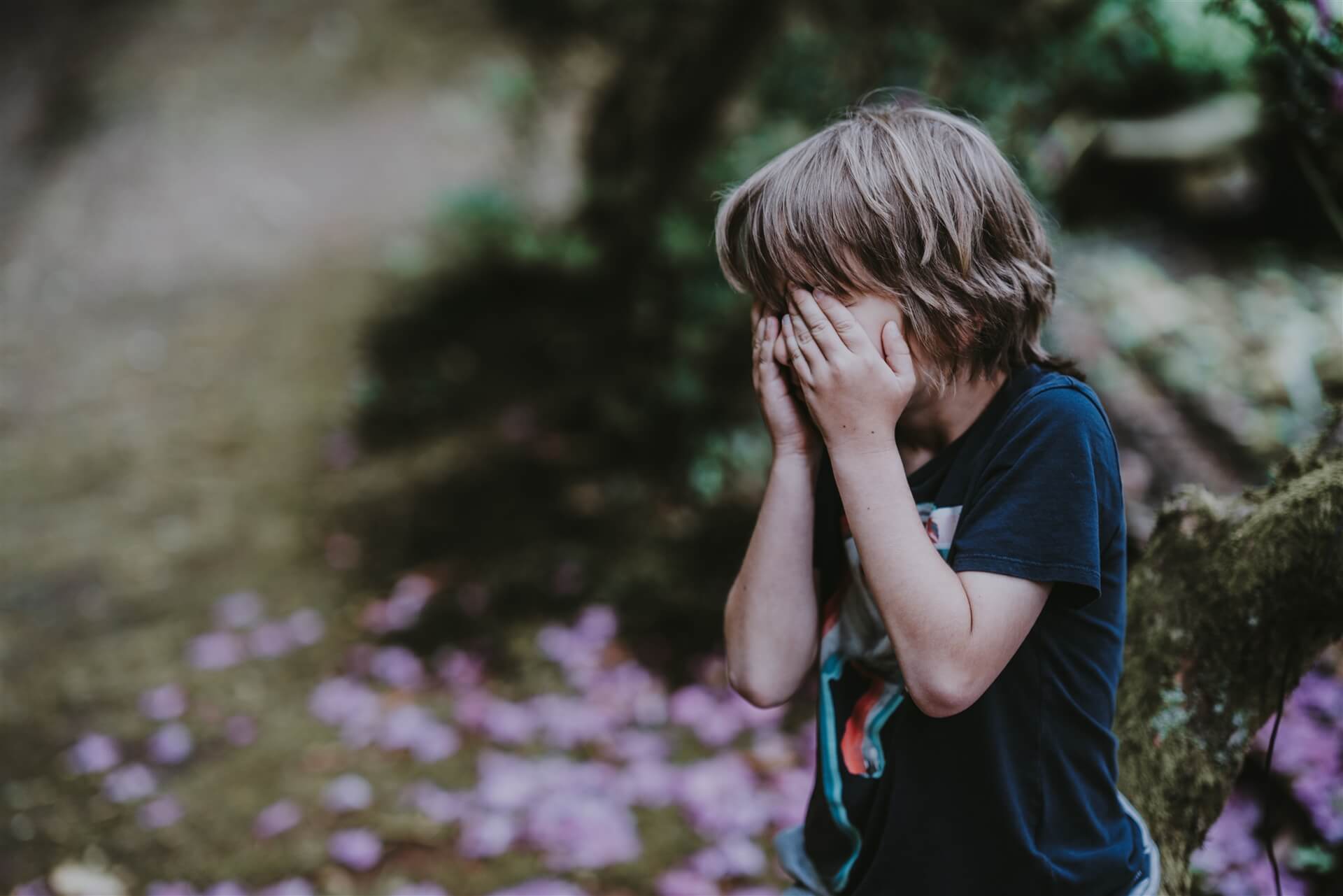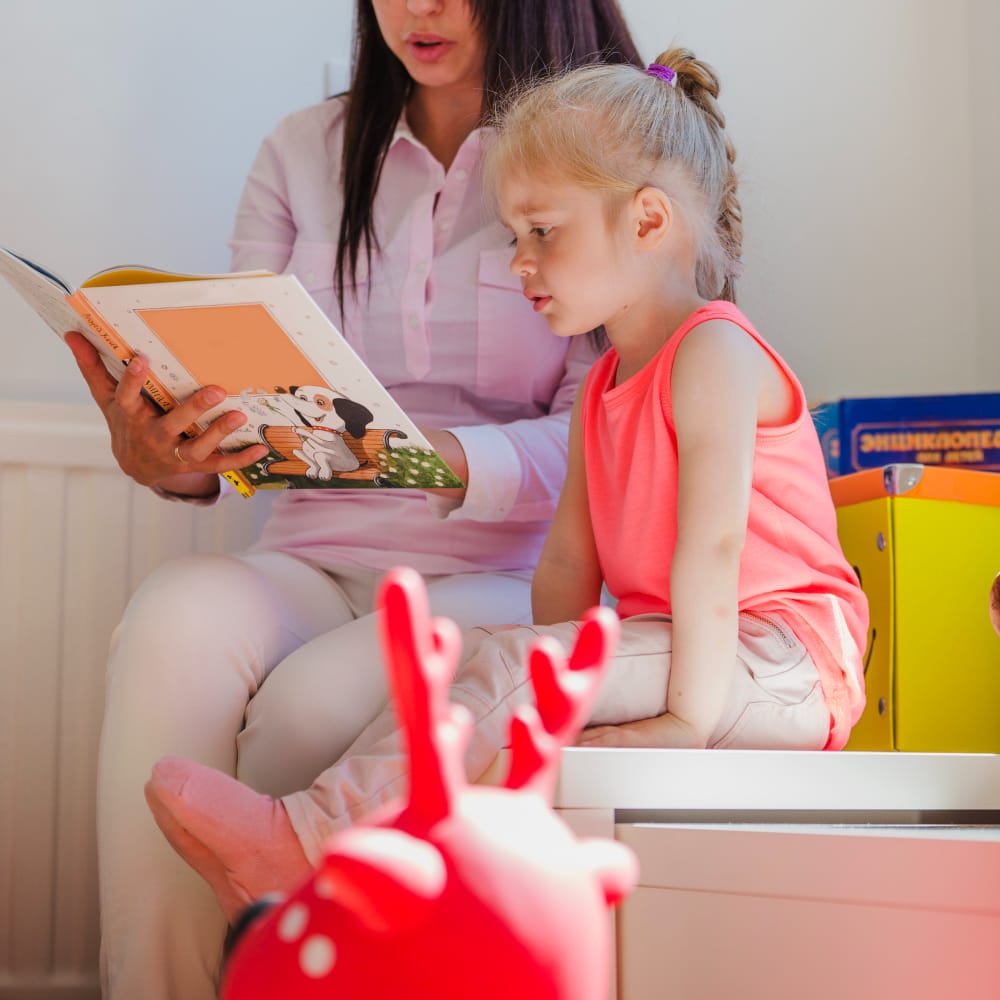Introduction
As parents, one of our most important responsibilities is to ensure the well-being and happiness of our children. While we often focus on their academic achievements and physical health, it’s crucial not to overlook their social and emotional development. Friendships play a significant role in a child’s life, but not all friendships are healthy. In this blog, we’ll discuss how to spot signs of an unhealthy friendship in kids and provide guidance on how to address these issues.
1. Sudden Changes in Behavior
When a child’s behavior undergoes a sudden and unexplained shift, it may be a red flag indicating an unhealthy friendship. Watch out for abrupt changes such as withdrawal, aggression, mood swings, or a decline in academic performance. These changes could be linked to negative influences from a friend.
2. Isolation from Other Friends and Family
An unhealthy friendship can isolate your child from other meaningful relationships. If your child starts distancing themselves from family and long-time friends, it could be a sign that their new friendship is causing them to prioritize someone else over their existing support network.
3. Peer Pressure and Risky Behaviors
Children are often vulnerable to peer pressure, and it can become a serious issue when they engage in risky behaviors due to a friend’s influence. Look for signs of your child participating in activities that are out of character or potentially dangerous.
Unhealthy friendships can involve emotional manipulation and even bullying. If your child frequently experiences emotional distress, ridicule, or manipulation from their friend, it’s time to step in and address the situation.
5. Obsession with the Friend
While close friendships are healthy, an obsession with a particular friend can indicate a problem. If your child seems excessively dependent on one friend for emotional support, it may be a sign that their relationship is unhealthy.
6. Frequent Arguments and Conflicts
Every friendship has its ups and downs, but consistent and intense conflicts with a friend are cause for concern. Frequent arguments, hostility, or power struggles can negatively impact your child’s emotional well-being.
7. Decline in Self-Esteem
An unhealthy friendship can erode your child’s self-esteem. If you notice your child questioning their self-worth, feeling constantly criticized, or believing they are not good enough due to their friend’s influence, it’s time to intervene.
8. Change in Interests and Hobbies
Children often adopt the interests and hobbies of their friends. While this is normal to some extent, a drastic shift away from their own passions and interests may indicate an unhealthy attachment to a friend’s preferences.
Taking Action
As a parent, it’s crucial to take action when you spot signs of an unhealthy friendship in your child’s life. Here are some steps you can take:
- Open Communication: Talk to your child about their friendship. Create a safe space for them to express their feelings and concerns.
- Listen Actively: Pay close attention to what your child has to say without judgment. Let them know you are there to support them.
- Set Boundaries: Establish healthy boundaries for your child’s friendships. Encourage them to spend time with a diverse group of friends.
- Teach Resilience: Help your child build resilience and assertiveness skills to navigate challenging social situations.
- Seek Professional Help: If the situation escalates or becomes unmanageable, consider seeking guidance from a child psychologist or counselor.
Conclusion
As parents, it’s essential to be vigilant about our children’s friendships and emotional well-being. Spotting signs of an unhealthy friendship early can make a significant difference in your child’s life. By taking proactive steps and providing the necessary support, you can help your child build healthy relationships and thrive socially and emotionally.
Call to Action
If you suspect your child is in an unhealthy friendship, don’t hesitate to take action. Start a conversation with them today and offer your support. Remember that your child’s well-being is a top priority, and you have the power to make a positive difference in their life.




